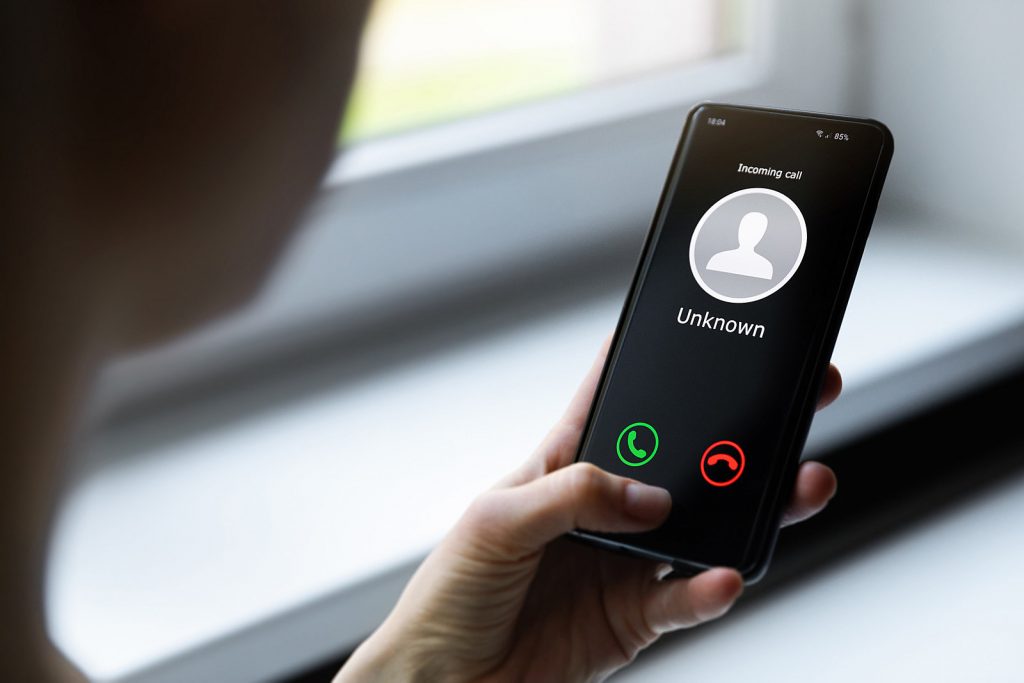
Scam Call from Delaware BPO and How to Avoid Scams
Some customers say that they got a robocall from someone claiming to be Lisa from

Some customers say that they got a robocall from someone claiming to be Lisa from Delaware BPO in the last few weeks. The Better Business Bureau says that Delaware BPO is not a real business and that the phone calls are a joke.
Ten days ago, Reddit users first talked about “Delaware BPO” phone calls. The pre-recorded messages say that “Lisa” from Delaware BPO wants to handle the incoming and outgoing calls for your business for a fair price. Even though it’s not clear how big the Delaware BPO scam campaign is, now is a good time to talk about how to keep your data safe.
What was wrong with the Delaware BPO call?

As Reddit user Mike In MD pointed out, there are a lot of strange things about this call that should make people think it is a scam. The user says that the call was taped ahead of time without their permission. Also, it was sent to a home number, even though it was advertising a business service.
The Reddit user was also angry that the call went through even though the phone number was on a “do not call” (DNC) list.
Another Reddit user said that he thought the voice used in the AT&T DirecTV scam calls was the same.
Follow some specific tips to avoid being scammed by phone or email.

As technology gets better, hackers and con artists have more chances to steal people’s personal information. The Delaware BPO hoax call is another example of how important it is for everyone to keep an eye on their data and security across all devices and types of technology.
Most people who try to scam people want to get their hands on their personal information so that they can use it to make money. If someone else knows your Social Security number, credit card numbers, bank account information, or passwords, you could be in serious danger.
One recent scam was the Elon Musk email club scam, which was a hoax about cryptocurrency that promised to give away Bitcoin. Frauds on CashApp are another recent example.
The FTC says that scammers often use email and text messages to try to trick people. When you use social media sites like Facebook, take security precautions because they can also be hacked.
Follow these basic tips to make sure your personal information is safe and secure:
- Don’t click on a link that comes from somewhere random or that you don’t know about. This is also true for links that come in emails and texts.
- Be careful about alerts that say your account is in danger. These messages may look like they came from a business you do business with, but they often have typos.
- Never give out your crypto wallet keys, passwords, or any other information about yourself. This works both over the phone and on the internet.
Helpful Tips
- Use multi-factor authentication for accounts when it is possible.
- Use security software on your laptop and phone, and set it to update itself automatically.
- Keep all important information separate from your home network and make sure it is backed up (on an external hard drive or the cloud).
- Keep your passwords safe and watch over your gadgets.
- What to do if you get taken in by a scam.
If you know or think you’ve been scammed, you should tell the FTC so they can keep track of it and help you if they can. You could also update your security software. IdentityTheft.gov is a good place to look if you are worried about identity theft.
